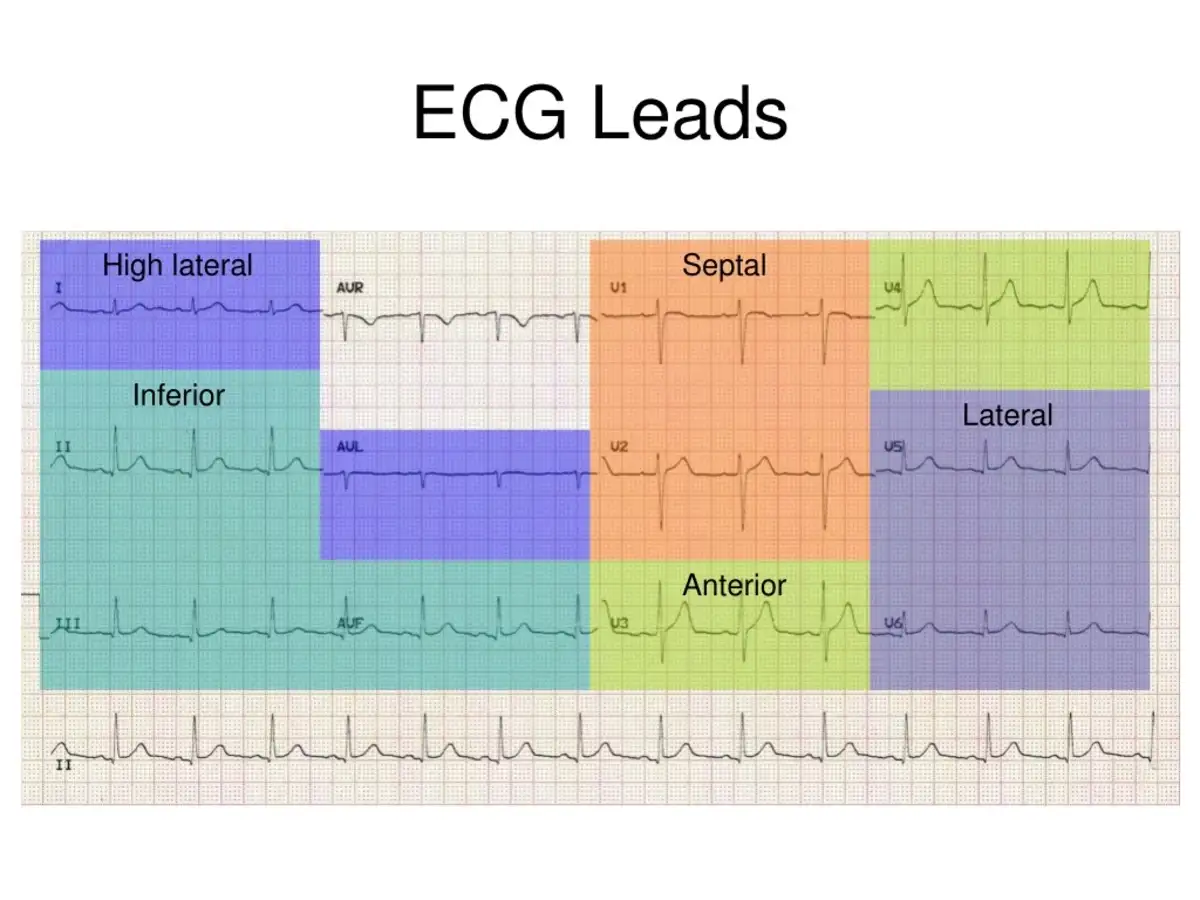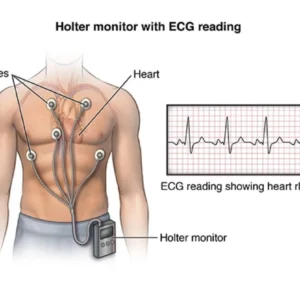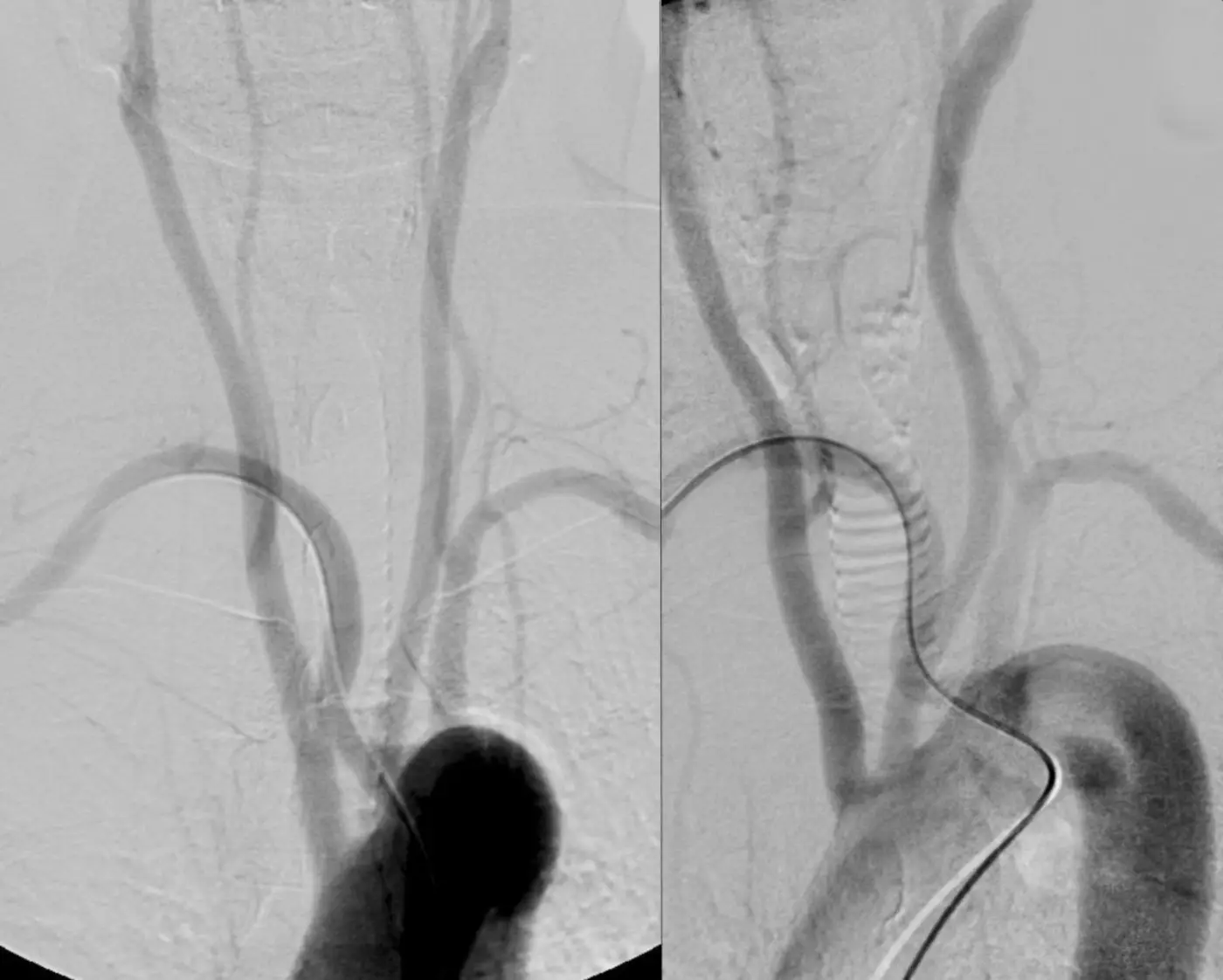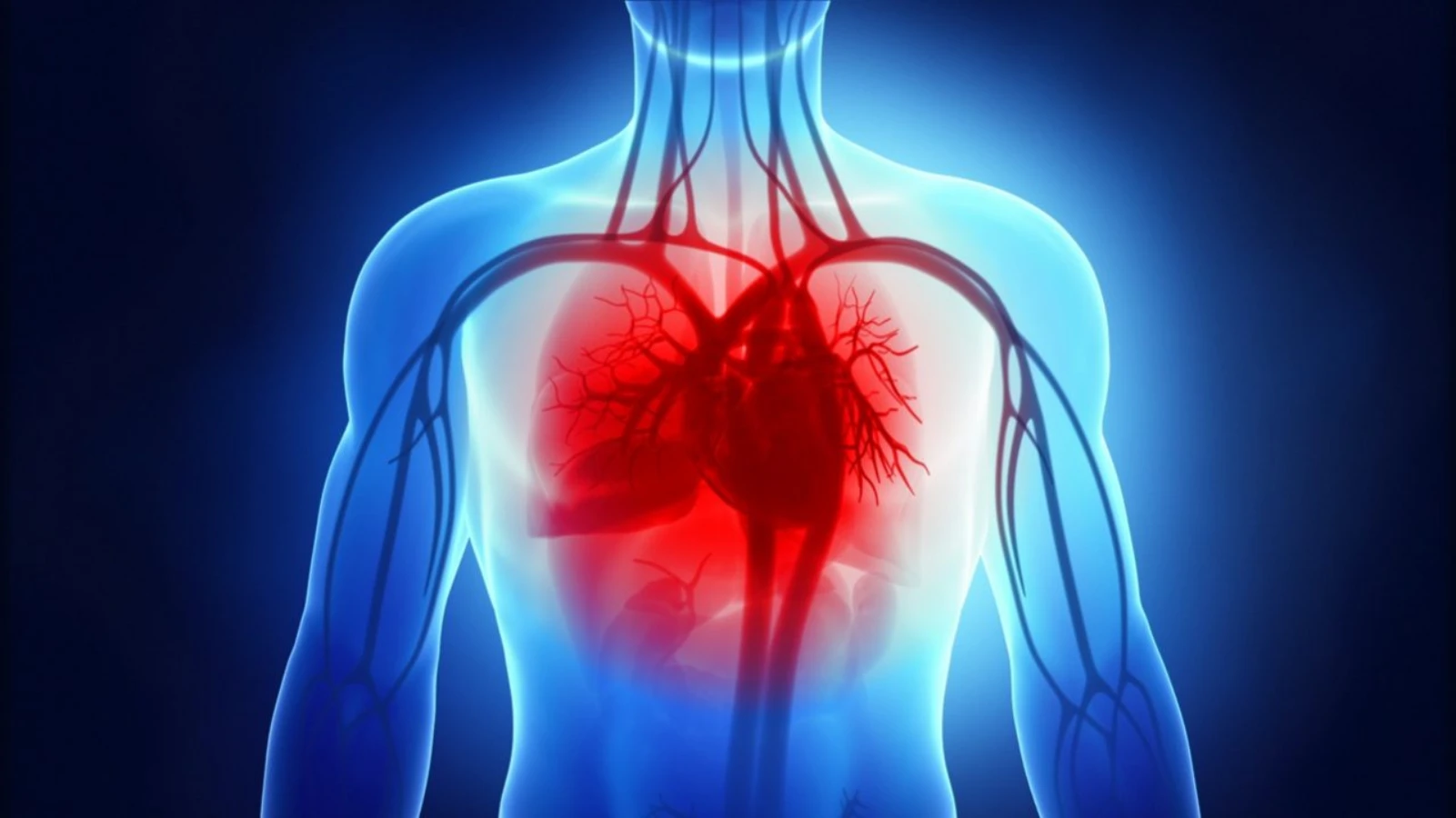An Electrocardiogram (ECG), is a non-invasive procedure used to monitor the electrical actions of the heart, offering valuable insights in diagnosing numerous heart ailments, including Coronary Artery Disease (CAD). This article will delve into the intricate relationship between ECG leads and coronary arteries, focusing on how our cardiology wing at Medical Health Authority uses this critical understanding to help maintain your heart’s health.
ECG Leads and Coronary Arteries
Lets clarify each one of them:
- ECG leads, are essentially electrodes positioned on the skin surface to document the heart’s electrical impulses. A standard ECG includes 12 leads, each providing a unique perspective of the heart’s electrical activity. These leads are strategically positioned on the chest, arms, and legs, and facilitate recording the heart’s electrical activity from varied viewpoints.
- Coronary arteries, the life-sustaining vessels carrying oxygen and essential nutrients to the heart muscle, might suffer a narrowing or blockage due to the build-up of plaque—this condition is CAD. CAD, a prevalent heart disease, can manifest in chest pain, breathlessness, and even heart attacks in severe cases.
ECG leads play a vital role in detecting CAD by revealing variations in the heart’s electrical activity associated with compromised blood flow to the heart muscle. These tell-tale signs can indicate the onset of CAD and aid medical professionals in devising an effective treatment strategy.
Understanding ECG Leads and Their Role in Monitoring Coronary Arteries
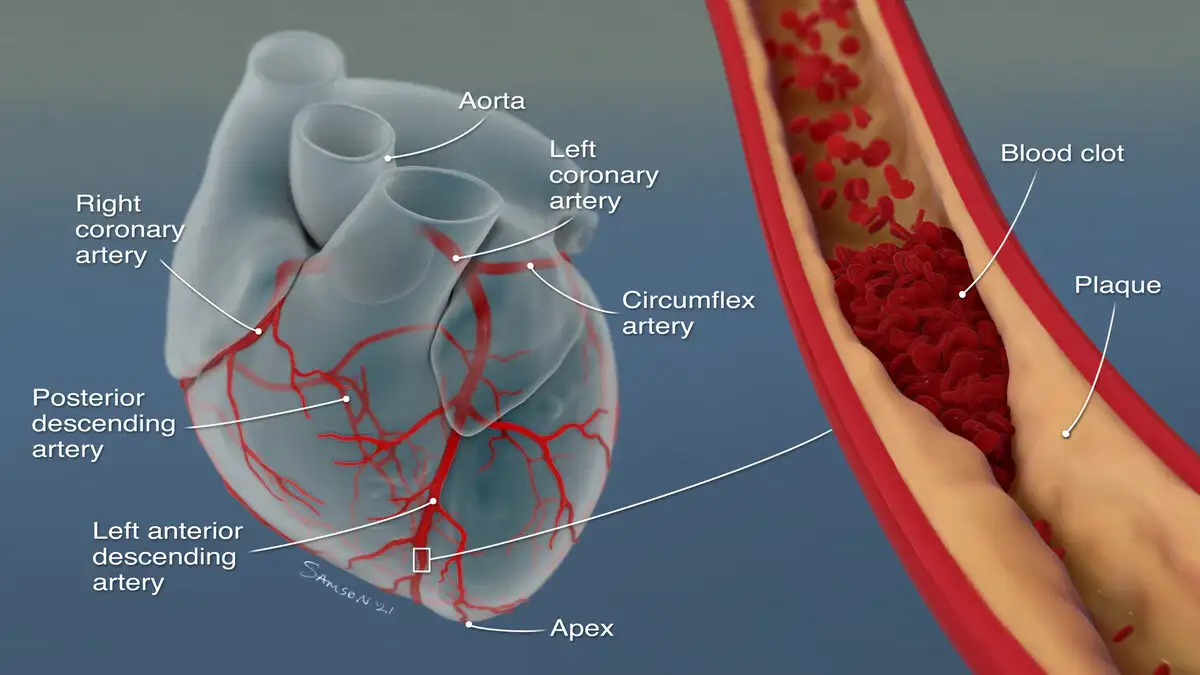
Electrocardiogram (ECG) leads, an instrumental tool in detecting heart diseases, measure the heart’s electrical activity, assisting in identifying rhythm and functional irregularities. The intriguing aspect is how these ECG leads can also shed light on the state of your coronary arteries – your heart’s oxygen and nutrient suppliers.
When the coronary arteries – your “ecg leads coronary arteries” conduit – either become constricted or blocked entirely, they can precipitate severe heart conditions like heart attacks. By keenly observing the ECG leads, medical professionals can often detect early indicators of coronary artery disease (CAD) even before any physical symptoms manifest.
Deciphering CAD Through ECG Leads
ECG leads crucially act as a litmus test for the health of your coronary arteries:
- ST Segment Changes: In an ECG, the ST segment symbolizes the time lapse between ventricular depolarization and repolarization. Any alterations in the ST segment can suggest blood supply inadequacy to the heart muscle, possibly due to an obstruction in the coronary arteries.
- T Wave Changes: Representational of ventricles repolarization, T wave alterations on an ECG can also denote insufficient blood supply to the heart muscle.
- Q Waves: Abnormal Q waves might appear on an ECG post a heart attack or other heart muscle damages. They can indicate scar tissue presence, potentially caused by earlier blockages in the coronary arteries.
Armed with these insights from your ECG, your doctor might suggest additional tests to evaluate your coronary arteries’ health status. The subsequent examinations might encompass a stress test, echocardiogram, or coronary angiogram.
Frequently Asked Questions About ECG Leads and Coronary Arteries
Even after reading so much you still have some detailed questions about ECG Leads and Coronary Arteries, here we present the interpretations:
- What’s an ECG? An Electrocardiogram (ECG) is a non-invasive test that captures the electrical action of the heart.
- What are ECG leads? ECG leads are the electrodes strategically positioned on the skin to evaluate the heart’s electrical impulses.
- What are coronary arteries? Coronary arteries orchestrate the supply of oxygen and essential nutrients to the heart muscle.
- What is Coronary Artery Disease? CAD, or Coronary Artery Disease, is a common type of heart disease caused when plaque build-up narrows or blocks the coronary arteries.
- How can ECG leads assist in diagnosing CAD? ECG leads can identify alterations in the heart’s electrical patterns associated with diminished blood flow to the heart muscle. These changes can signal the presence of CAD, enabling informed treatment decisions.
The Contribution of Medical Health Authority
At Medical Health Authority, our dedicated cardiology team is wholly focused on helping patients keep a healthy heart. We offer a comprehensive suite of services. Our team of specialists leverages the latest technology and techniques to arrive at precise diagnoses and implement effective treatments.
Our committed team of seasoned cardiologists and support personnel collaborates with you to create a tailor-made treatment plan catering to your unique requirements. We provide same-day appointments, limited waiting periods, and superior care in a relaxed, inviting atmosphere. Don’t procrastinate on prioritizing your heart health. Schedule an appointment with the cardiology team at Medical Health Authority today, embarking on your journey towards a healthier heart. Our healthcare delivery model is patient-oriented, with a strong emphasis on providing exceptional care in a pleasant and accommodating environment. Also, everything we do is driven by a commitment to sustaining your heart health.
Conclusion about ecg leads coronary arteries
In conclusion, Electrocardiogram, an essential tool in modern cardiology, records and scrutinizes the heart’s electrical impulses. And ECG leads are the performers capturing the orchestra of your heart’s electrical signals. These leads are electrodes placed onto the skin, recording these impulses from a myriad of viewpoints. Performing a contrasting yet complementary role to ECG leads, the coronary arteries nourish the heart with oxygen and nutrients.
However, they are susceptible to decline. So. ECG leads – your “ECG Leads Coronary Arteries” navigation tool – can offer crucial insights into your coronary arteries’ health and detect early signs of CAD ahead of symptom onset. If you’re anxious about your heart health, don’t hesitate to schedule an appointment with the cardiology team at Medical Health Authority.
Read also: Incline walking fat loss




